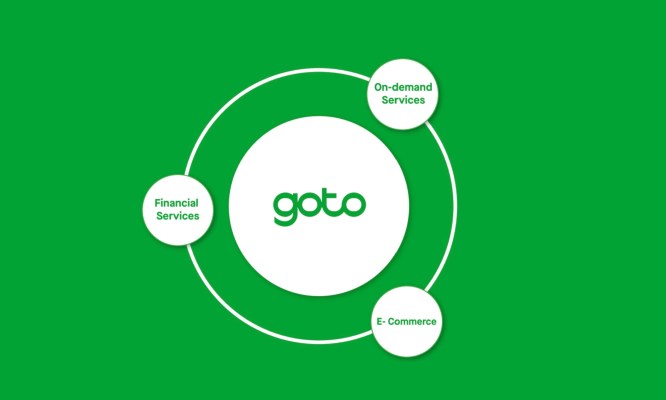RE:WIRED 2021: Beeple Will Update a New $29 Million Piece ‘For the Rest of My Life’
Until about a year ago, artist Mike Winkleman hadn’t sold a print for more than 100 bucks. Then, this spring, he became, according to auction house Christie’s, one of the three most valuable artists alive. Yet, many people still don’t know his name. Part of that may be because he’s more commonly known by his pseudonym: Beeple. It also may be due to the fact that the $69 million work that put him on the map was a non-fungible token (NFT), a blockchain-verified form of digital art many are still trying to wrap their heads around. But just because Winkleman is still making a name for himself doesn’t mean he’s new to the art world.
On May 1, 2007, Winkelman started a project he called Everydays. The idea was to create a new piece of online art daily in an attempt to improve his skills. The experiment ultimately resulted in a variety of pieces, many of them surreal, funny, dystopic, grotesque, or political. Millions followed the project and some of the works were even featured in the Louis Vuitton 2019 spring collection. In March of this year he sold a piece containing the works from his first 5,000 days as an NFT through Christie’s, making it the first pure NFT the auction house had ever sold, and, thanks to that $69 million price tag, the most valuable one to date.
Last night, he sold a new, three-dimensional video sculpture called Human One for $29 million. Winkleman calls it “the first portrait of a human born in the metaverse.” Like Everydays: The First 5,000 Days, the sale garnered a lot of attention. Unlike Everydays, it’s a work that will change over time. “While the piece was sold last night, the piece is not complete,” Wilkenman told WIRED deputy global editorial director Greg Williams on Wednesday at the RE:WIRED conference. “I’m going to continue changing and updating the piece for the rest of my life.”
He thinks this is one of the boons of digital art. While paintings and sculptures are static and don’t change after being purchased, with digital art you’re buying something that can evolve. Art connoisseurs may not even know what they’re buying at first, something Winkleman likens to “a subscription to art,” like using Microsoft 360 or Adobe’s Creative Cloud. “You could come downstairs in the morning and the piece looks one way,” he says. “Then you come home from work, and it looks another way.” You might even love it one day and hate it the next.
For Human One—which features a human (or human-like?) figure walking in a tall box that can be viewed from 360 degrees—he is not planning on updating it on a daily basis. He wants it to be purposeful, and for it to be an event when it changes. He doesn’t have the next 30 years of the piece planned out, but will figure it out as he goes. “This piece is about the journey and exploring,” he says, “and that’s what I’m also on the ride for.”
While much of the digital art we see exists solely as 1s and 0s, Winkelman is releasing more and more of his work in a tangible way. With his series Physicals (and now with Human One), he is putting his work on self-contained screens that can be displayed. Currently, people have to actively choose to seek out digital art, by opening something like a web browser or Instagram. But Winkelman sees a lot of opportunities to grow and change our concepts of what digital art is and bring it into physical environments, the way paintings and sculptures are now. “I think for a long while the traditional art world was sort of set in its ways and not as affected by the pace of technology,” he says. “I think that’s going to change.” This, he adds, opens artists up to sell to a whole new type of collector they wouldn’t have encountered before.
Winkelman notes there is a bit of a learning curve when it comes to how his Physicals are enjoyed. A lot of people don’t know what to do with them or how to interact with them. He said that some people value them so much that they don’t open them—like a rare comic book or Star Wars toy—and that’s not what he wants. So, he’s working on new ways to incentivize people to take them out of the box.


